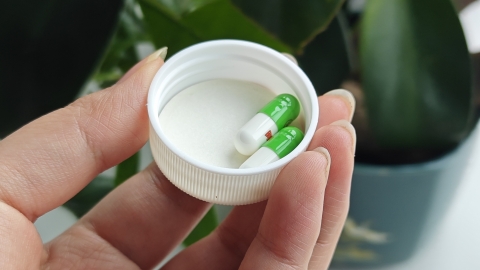What are the side effects of Captopril?
Generally, Captopril is an angiotensin-converting enzyme inhibitor, commonly available in tablet and injectable forms. Common side effects of Captopril include rash, cough, taste disturbance, hypotension, and proteinuria. Detailed analysis is as follows:

1. Rash
If a patient is allergic to any component of Captopril, an allergic reaction may occur after administration, leading to skin rashes, accompanied by symptoms such as skin redness and itching. In such cases, discontinuation of the drug usually alleviates symptoms, and no special treatment is generally required.
2. Cough
Captopril may alter the composition of bronchial mucus, causing contraction of bronchial smooth muscle. Therefore, some patients may experience a mild, non-productive cough after taking the medication. This condition typically does not require special treatment, but the dosage and frequency of the medication should be adjusted according to the severity of the cough to reduce discomfort.
3. Taste Disturbance
Captopril may also affect taste sensation, leading to taste disturbance. During treatment, this may impact appetite and cause a decrease in appetite. Taste usually returns to normal after discontinuation of the medication. During treatment, patients are advised to follow a light diet, such as congee or porridge.
4. Hypotension
Captopril is an antihypertensive medication; however, if the dosage is not properly controlled, it may cause persistently low blood pressure or even transient hypotension. If symptoms such as dizziness or fatigue occur, the medication should be discontinued as directed by a physician, and the patient should lie down immediately.
5. Proteinuria
Components of Captopril may damage the kidneys and impair kidney function, leading to proteinuria in some patients, which may manifest as foamy urine and decreased urine output. However, symptoms of proteinuria usually gradually subside after a period of medication use and may not require immediate treatment.
It should be noted that Captopril has several side effects and should be taken under the guidance of a physician to ensure safety. Additionally, blood pressure should be monitored regularly during treatment to allow timely adjustment of the dosage based on recovery progress.








